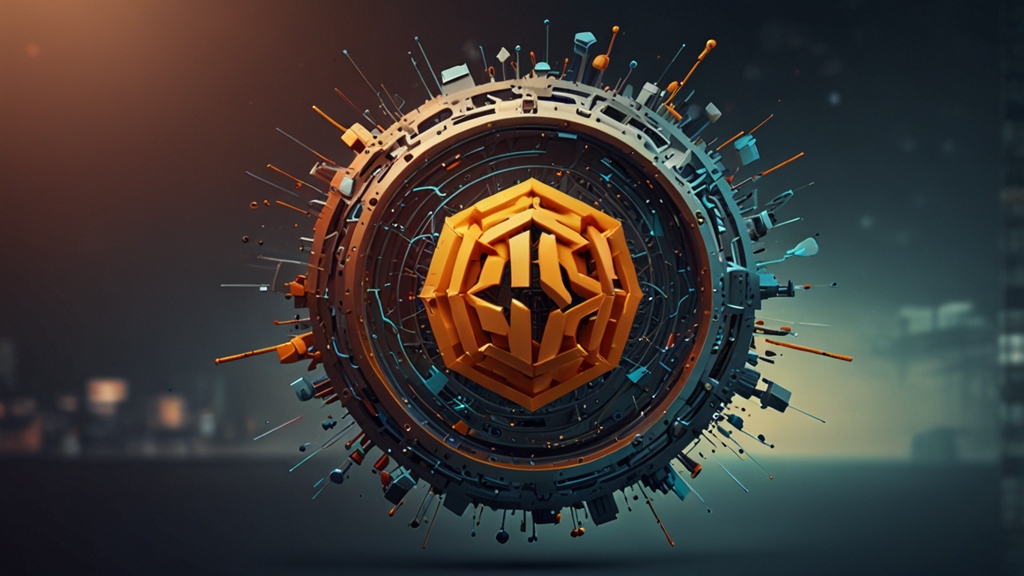Ethics Under Fire: The Controversial Debate of Our Time
In an era where technological advancements and societal changes occur at an unprecedented rate, the subject of ethics has found itself at the forefront of public discourse. Ethical considerations permeate various aspects of life, ranging from healthcare and technology to business and personal conduct. As a result, debates over what constitutes ethical behavior are more heated and complex than ever before.
The Foundation of Ethics
At its core, ethics is the study of moral principles that govern a person’s behavior or the conducting of an activity. These principles often serve as the framework within which individuals and organizations operate, guiding decisions that impact society at large. However, despite its foundational role, the interpretation of what is ethical can vary widely based on cultural, religious, and social factors.
"Ethics is knowing the difference between what you have a right to do and what is right to do." - Potter Stewart
This quote by Potter Stewart succinctly captures the crux of the ethical debate: the disparity between legal permissions and moral imperatives. Despite its simplicity, this distinction is crucial in understanding why ethical dilemmas are so divisive.
Healthcare and Bioethics
One of the most contentious areas concerning ethics is healthcare, particularly bioethics. With advancements in genetic engineering, cloning, and artificial intelligence, the ethical implications are vast and often controversial. For instance, the potential for gene editing to eliminate hereditary diseases presents a moral quandary. While it offers the promise of alleviating suffering, it also raises questions about “playing God” and the long-term consequences of genetic manipulation.
Additionally, the allocation of medical resources during public health crises, such as the COVID-19 pandemic, has highlighted significant ethical concerns. Decisions about who gets access to limited medical resources such as ventilators, vaccines, and hospital beds have prompted intense debates about fairness, equity, and the value of human life.
Technology and Digital Ethics
The integration of technology into daily life has opened up a Pandoras box of ethical issues. From privacy concerns linked to data collection and surveillance to the moral ramifications of artificial intelligence and machine learning, the scope is broad and continually evolving. Tech giants like Facebook and Google have found themselves under scrutiny for their roles in data breaches and the manipulation of information.
"Technology is a useful servant but a dangerous master." – Christian Lous Lange
The quote serves as a grim reminder that while technology can offer immense benefits, it also poses significant risks if not managed ethically. The potential for abuse is ever-present, and the need for robust ethical frameworks to govern technological innovation has never been more critical.
Business Ethics
The corporate world is another battleground for ethical considerations. Issues like corporate social responsibility, environmental sustainability, fair labor practices, and transparency have come to the forefront. Businesses today face pressure not only to be profitable but also to garner trust and loyalty by adhering to ethical practices.
The advent of social media has empowered consumers to hold companies accountable more than ever before. A single unethical act, once exposed, can lead to a significant backlash, damaging a company’s reputation and bottom line. Thus, ethical conduct isn’t just a moral obligation but a business imperative in the modern age.
The Role of Education
Given the complex and evolving nature of ethical issues, education systems have a vital role to play in developing ethical awareness and reasoning skills. Ethical training should not be confined to philosophy classes but integrated across disciplines, recognizing that ethical challenges arise in various fields and professions.
By fostering an environment where ethical reasoning is valued and encouraged, educational institutions can help prepare the next generation to navigate the intricate moral landscape of the modern world.
Conclusion
As society continues to grapple with rapid changes and unprecedented challenges, the importance of ethical considerations cannot be overstated. Whether in healthcare, technology, business, or everyday life, the principles of ethics offer crucial guidance. The debate over what is ethical may be contentious and complex, but it is also necessary for the continued progress and well-being of society.
"In ethics, there is no ‘us’ versus ‘them’—there is only the good and the bad, the right and the wrong." – Michael Josephson
This timeless quote encapsulates the essence of ethics: a universal framework aimed at discerning and upholding what is fundamentally right. As we navigate the pressing ethical dilemmas of our time, it's vital to remember that ethical conduct ultimately benefits all of humanity.











